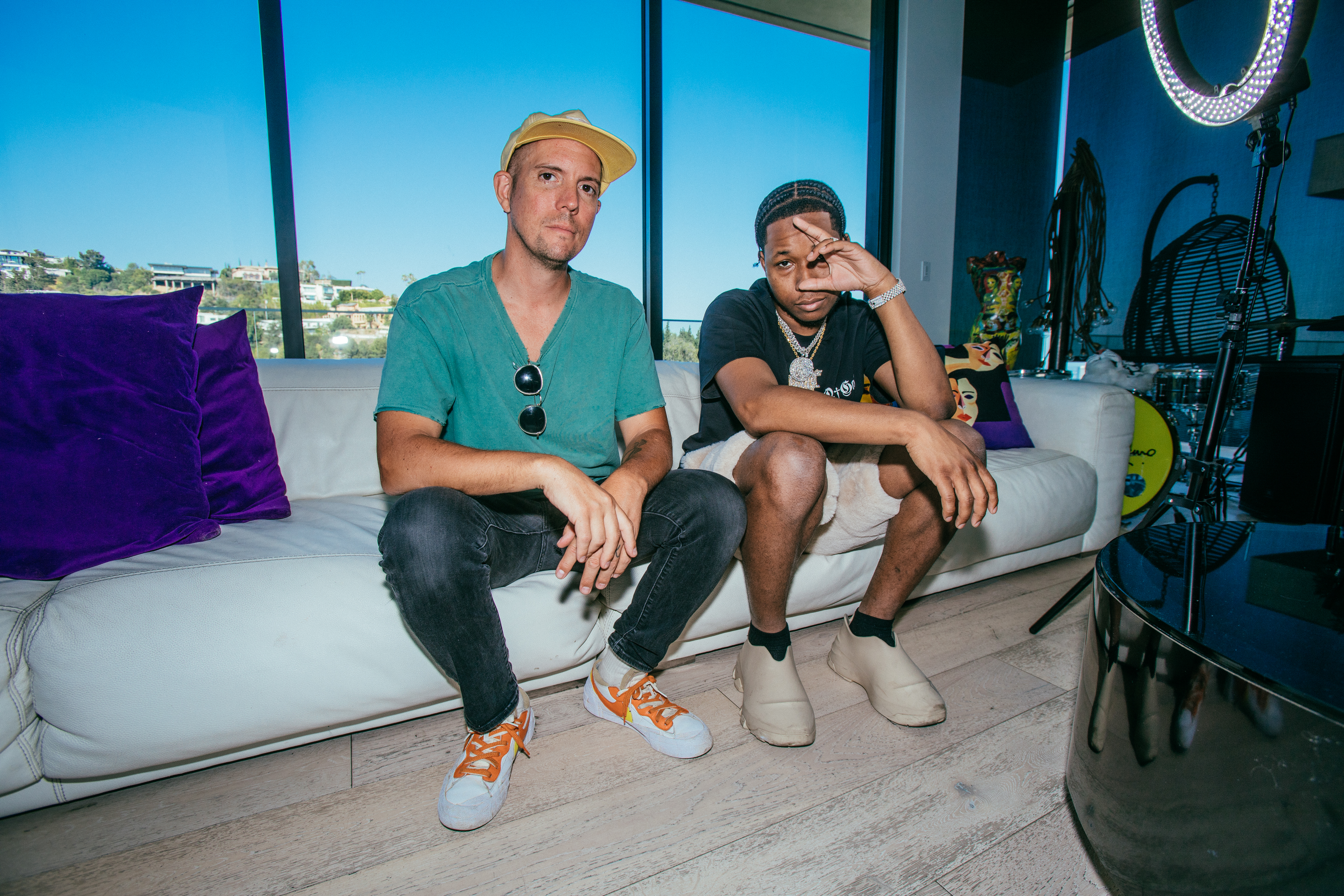HitPiece Owner Has Previously Been Accused of Exploiting Artists


Blockchain technology is deemed ungovernable and problematic to people who rely on institutions regulating modern intellectual property. A recent beta venture utilizing the tech is HitPiece—a site aiming to auction individual songs as NFTs for large bids in an attempt to “connect artists and fans directly.”
HitPiece claims to run on “HitChain,” a blockchain that runs alongside Ethereum. According to the beta platform, after an auction is completed, only then would an NFT mint and transfer to the buyer.
Before it shortly went offline on Tuesday, many discovered that they could initiate bids for large sums on a track sans crypto wallet connected or profile information entered. A look at the HitPiece block explorer showed that they had minted hundreds of NFTs since December.
HitPiece’s Beta was launched in December 2021 by music executive and former rapper Michael Barrin aka MC Serch; two tech venture capitalists, Ryan Singer and Blake Modersitzki; and music industry professional Rory Felton, whose motives with this latest venture seem questionable, according to several sources.
Aaron Marsh says his previous band Copeland was ghosted by Felton and is still owed royalties from projects he worked on with Felton’s now-defunct label, The Militia Group.
According to Marsh, the label folded in the late 2000s due to a multi-million dollar debt owed to Sony Music. Felton then fled to Haiti and licensed Copeland’s music to an international label without notifying the band.
“A few months ago I got word that he had been emailing Militia Group email lists and industry folks about a site he was partnering with called HitPiece that would offer the entire Militia Group catalog as NFTs. Since he has a history of exploiting records he doesn’t own, we had been keeping our eye on HitPiece, only to find out he’s the owner of HitPiece. HitPiece goes online and not only does it have all TMG releases but every release,” said Marsh.
On Tuesday, the “NFT streaming” service was inundated on social media with public cease and desist requests and virulent criticism from hundreds of artists whose unlicensed music was scraped from Spotify via their API and listed on the site without permission.
After the site went viral on Twitter, the original site was removed and ported to Get HitPiece within a few hours. The new site remains online, with limited functionality.
Tuesday evening, HitPiece tweeted a statement in response to complaints from artists and labels:
“Clearly we have struck a nerve and are very eager to create the ideal experience for music fans. To be clear, artists get paid when digital goods are sold on HitPiece. Like all beta products, we are continuing to listen to all user feedback and are committed to evolving the product to fit the needs of the artists, labels, and fans alike,” reads the statement.
Legal tech expert and founder of The Tabula Rasa Record Company Jozef White immediately issued a cease and desist notice to the service on Twitter after seeing that over half of his artists' records were on the site.
White shared his overwhelming disappointment at the “sheer laziness of the project” in a series of tweets about HitPiece and even shared a cease and desist notice template for other artists to utilize.
“There is a massive amount of garbage floating around with ‘NFT’ and ‘Web3’ plastered all over it which is not actually creating value for artists. There is a significant amount of promise I think, in smart contracts and utility NFTs,” shared the label founder.
“Some of this promise has been realized by artists, but it’s too early to tell exactly how this is going to play out in the future. I remain open to the possibility that there is value, and am holding out hope for the projects created and pushed forward by sincere and very smart individuals who are also working within the space.”
While his stance on NFTs remains unclear, as is the case with any fast-moving tech, White says he sees a tremendous amount of value in the conversations happening around blockchain projects.
“Like in the case of any new, fast moving tech, it’s complicated…I work in legal tech so I deal with IP law in a lot of really interesting ways where legal structures often push against technological innovation. Culturally and conceptually as well, I think this whole “nft thing” is helping at least some people rethink the centralized streaming paradigm and imagine a digitally native world where artists have more control over their creations.”
The same can’t be said about HitPiece, which ultimately seems like another feeble attempt at a cash grab under the guise of innovation.
HitPiece did not respond to Festival Insider’s request for comment.







































































